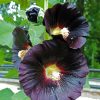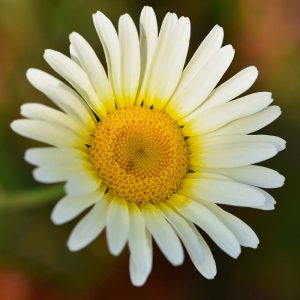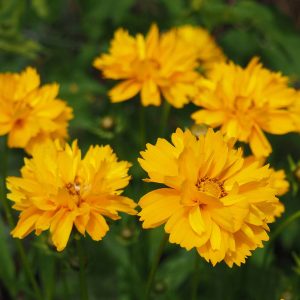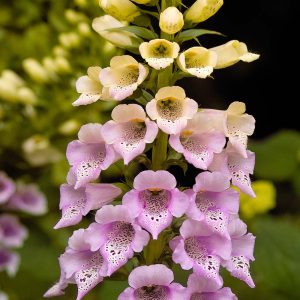Description
Alcea rosea are much more widely known as Hollyhock and are the most widely species cultivated in gardens available in shades of red, pink, yellow, orange and white. They are short-lived perennial plants but will freely self-seed which can create the appearance that they are much longer lived. Grown for their tall flower spikes which produce wide saucer like flowers above large heart-shaped leaves. The one difficulty in cultivating hollyhocks are their susceptibility to rust although this does not typically affect the flowers.
Key Facts
- Common Name(s):Black Hollyhock
- Hardiness:Fully hardy through most of the UK
- How big will I get? Alcea rosea ‘Nigra’ can grow to a height of 2m and a spread of 1m.
- Did You Know That:Despite the specific name being rosea, hollyhocks are not members of the family Rosaceae and are not closely related to roses?
Plant Calendar
A rough guide to how this plant will change through the year.
| Jan | Feb | Mar | Apr | May | June | July | Aug | Sept | Oct | Nov | Dec | |
| Flowering Time |   |
  |
  |
  |
||||||||
| Foliage Colour |  |
 |
 |
 |
 |
 |
 |
 |
 |
| J | F | M | A | M | J | J | A | S | O | N | D |
  |
  |
  |
  |
||||||||
 |
 |
 |
 |
 |
 |
 |
 |
 |
Care Guide

Soil Requirements
Alcea rosea ‘Nigra’ prefers soil with good drainage and does not tolerate standing water. This plant can grow in soil with a wide range of pH levels, it is not picky about the pH level of the soil.

Best Position
Alcea rosea ‘Nigra’ can handle either an exposed or a sheltered position and requires full sun to thrive, this consists of more than six hours of direct sunshine per day.

Maintenance
Alcea rosea ‘Nigra’ should be cut back after it finishes flowering will promote growth the following year by redirecting energy from seed production and foliage maintenance to root growth. Hollyhocks are often badly affected by fungal infections, especially in the form of rust, this will badly affect the foliage, but shouldn’t have too big an impact on flowering. Often grown as a biennial, it is known to readily self-seed which means that despite being short lived perennials, they can remain in an area for long periods.

Pest, Diseases and Wildlife
Alcea rosea ‘Nigra’ can have problems with slugs and caterpillars, it can be vulnerable to certain diseases such as rust. It is also known to attract bees and other pollinators. It is not considered to be toxic.





